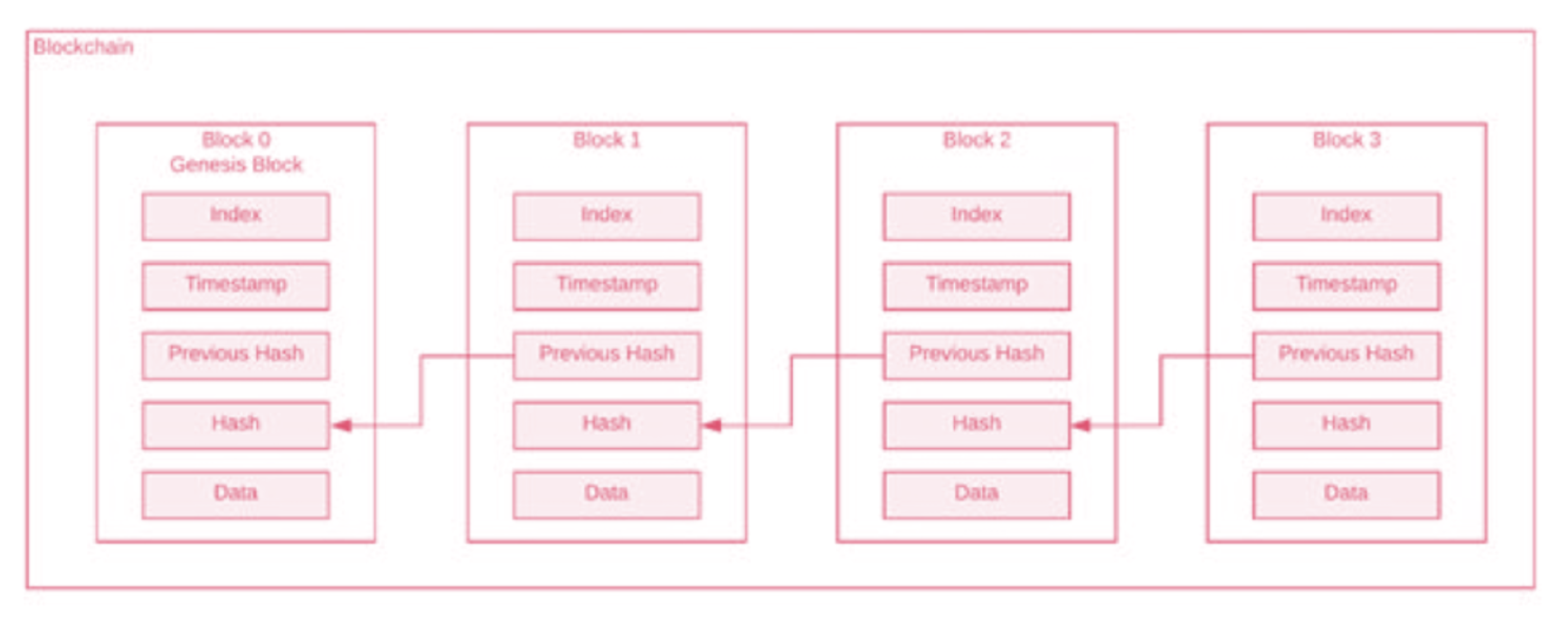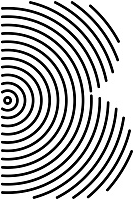Note / How NFTs work and why they matter
Today, I thought I'd give a little history lesson to put some context around what I'm doing in a "writers room" (Discord + fancy website) for "Jenkins the Valet" (a picture of a monkey) and his "Bored Ape Yacht Club" (10,000 pictures of monkeys.)
Let's start at the very beginning.
Blockchain — a technology that will, by 2025, be central to the creator economy — can be thought of as being in a lineage with the technology that first started to drain money from artist's bank accounts — Napster. Napster opened up an explosion of interest in peer-to-peer sharing, an interest that soon enough resulted in the development of bit torrents.
The idea behind a bit torrent was that instead of a direct one-to-one downloader/uploader relationship, that a network effect could be leveraged. Instead of downloading the file from beginning to end from a single source, the burden was shared. Tens, hundreds, sometimes thousands would pitch in with their piece of the puzzle just by virtue of having the file you wanted. It made it possible to download multiple seasons of TV shows in seconds...not that I ever did.
The clever turn of blockchain technology is that we can ask computers in a network to do more than just hold and upload a file. We can ask them to hold encrypted data in something called a "block." "The blockchain" is every computer that hosts a block, just like The Federalist Party is nothing more than everyone who calls themselves a member.
Every block starts with a summary of the last block. That is followed by the block's own data. That is followed by another summary of the previous block and a summary of the new data. Think of it like some formal debate technique to keep the chain of thought. Repeat the previous point, make your point, and summarize everything again. But then the next block summarizes all of that, not just the new data.

And these blocks and arranged in a row...a single file...a line...A CHAIN! It's a chain of blocks!!!
So now we've got a large number of computers hosting copies of copies of copies of the same encrypted data. If someone actually managed to change something in a block, they'd have to change it universally across host computers to which they have no access.
Which is to say that it is impossible to change anything inside of any block in a blockchain.
Just as rich people are incentivized to be Republicans with generous tax loopholes, host computers are incentivized to be host computers with magic internet money.
If you ever dabbled in bit torrents, you might remember that few who downloaded files from the community committed their device to uploading files for the community. Magic internet money solves that "commitment issue."
Bitcoin uses its blockchain technology to record financial transactions with the Bitcoin cryptocurrency. Computers participating in the Bitcoin blockchain (referred to as "miners" for reasons I won't get into here) are rewarded in Bitcoin.
Cryptocurrency is a fungible token. Fungible means that you can exchange one for another without any change in value. A dollar is a dollar.
The Ethereum blockchain is an entirely separate blockchain that opened up the possibility of creating smart contracts. Smart contracts are immutable and non-fungible contracts. If a fungible item (like a dollar) is "one for one" (meaning they are the same), then a fungible item is "one OF one," meaning it is unique. I can't just swap the title to my car with yours like one might a dollar for a dollar.
You can also attach metadata to the smart contract.
If you're not sure what metadata is, open your Photos app and notice how each picture in your camera roll comes with certain extra information, like where and when the picture was taken. That extra information is metadata.
A non-fungible token (NFT) is a smart contract with metadata. Tomorrow and into the week, I’ll relate the history of the CryptoPunks, the Bored Ape Yacht Club, and Jenkins the Valet.
For all Bored Apes, Mutant Apes, and Writers Room members, tomorrow is the last day to license an ape to a Writers Room pass, and it’s the last day that backstories can be revised.
To learn more about how fiction and dramatic writers are inventing future forms, subscribe to Writers in the Metaverse.
